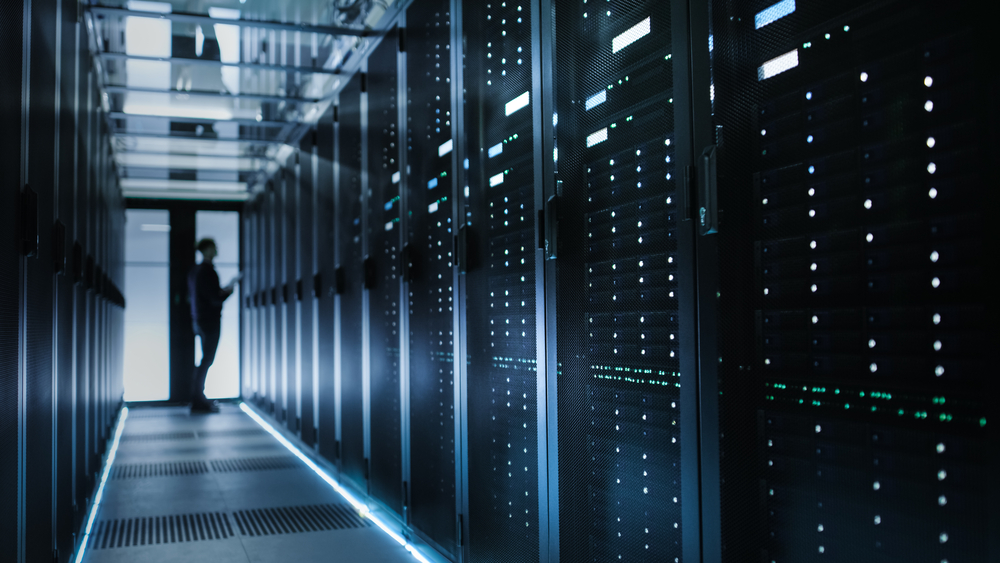Biomemory, a start-up focused on DNA data synthesis and storage, has closed a €5 million ($5.2 million) seed investment for the development of its technology.
The seed funding round was led by eureKARE and the French Tech Seed Fund, managed on behalf of the French State by Bpifrance within the scope of France 2030, with the support of Paris Business Angels, Prunay Impact and existing investors Octave Klaba (Founder and President of OVHcloud), Flavien Kulawik (co-founder of KLB Group), Radouane Kharbichi (SAP entrepreneur), Eric Carreel (president and founder of Withings, Sculpteo, Invoxia and Zoov), and Jean David Benichou (president of Via.io and CEO of Viadialog).
Founded in 2021, Biomemory says it is positioned at the crossroads of Biotechnology and IT. Its ambition is to help meet the climate challenge posed by data centers, which currently have a carbon footprint greater than civil aviation and are estimated to occupy the surface area equivalent to a country the size of Iceland by 2040.
Market growth
Around 60% of the data generated today is stored on magnetic tapes and the time it takes to ‘write’ these tapes is comparable to reading/writing DNA. Of note, 70% of data in storage today is in ‘cold’ tape-based archives, which has significant maintenance costs. The global market for these magnetic tapes represents nearly $6.5 billion annually and it has been estimated that it will grow to more than $40 billion by 2030.
Biomemory is developing a petrol-free DNA synthesis and copy process based on synthetic biology, exploiting mechanisms refined over four billion years of evolution. Applying proprietary technologies, Biomemory can produce long, bio-sourced, biocompatible and bio-secure DNA fragments that can be stored as inert polymers for thousands of years without any energy input. Technology transfer agency SATT Lutech has granted Biomemory an exclusive worldwide license to the two CNRS/Sorbonne University patents at the heart of this innovation.
Cost reduction
The funds raised will be used to optimize these technologies and, in particular, reduce their cost. Current DNA synthesis solutions used for medical and academic research applications cost $1/kilobyte. Biomemory currently has the potential to reduce this cost to $1/megabyte. Through further optimization and scaling of its technologies, the company expects it can go on to achieve costs of $1/terabyte.
This compares to the 10-year cost of $17/terabyte for magnetic tapes. To achieve this, Biomemory will focus on miniaturization, automation and parallelization of an end-to-end integrated and continuous microfluidic DNA assembly device. This project will further expand the company’s intellectual property portfolio.
Erfane Arwani, president and co-founder of Biomemory, said: “The significant support we have received from our investors – including deeptech specialists at Bpifrance and synthetic biology experts eureKARE – is evidence of both the importance of transitioning from conventional data storage solutions to more ecological approaches and the ability of Biomemory to tackle the challenge.”





